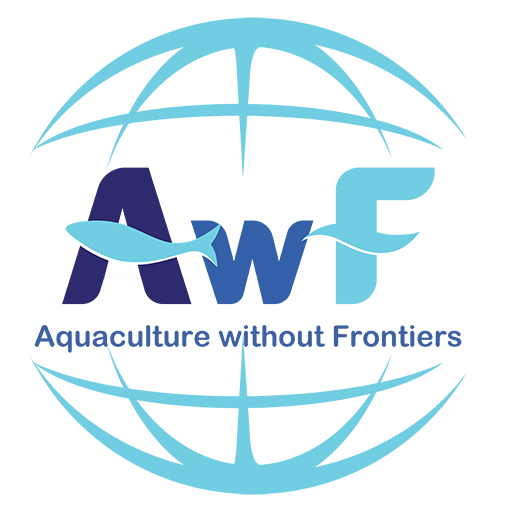Food Security & Nutrition – HLPE Speaks
Category:UpdatesFood security exists when all people, at all times, have physical, social and economic access to sufficient safe and nutritious food that meets their dietary needs and food preferences for an active and healthy life.
Food security and nutrition is everyone’s business. The Committee on World Food Security (CFS) was set up in 1974 and the multi-stakeholder platform enables all viewpoints to be considered when deciding on concrete actions to address issues affecting food security and nutrition such as the economic crisis and the rising demand for food. The CFS reports annually to Economic and Social Council of the United Nations (ECOSOC).
In 2009 the CFS established the High Level Panel of Experts on Food Security and Nutrition (HLPE) as an essential part of the CFS reform to provide independent, scientific knowledge-based analysis and advice. HLPE reports are requested by CFS and their findings and recommendations serve as a basis for CFS policy discussions.
AwF Executive Director, Roy Palmer, saw an early presentation on the latest report by the HLPE, ‘Sustainable fisheries and aquaculture for food security and nutrition‘ and was able, with assistance of HLPE member, Meryl Williams, to make the presentation at World Aquaculture Adelaide Conference in Adelaide – see ‘Global Perspectives on Sustainable Food Security and Nutrition for Fisheries and Aquaculture‘. Roy commented “The recommendations on aquaculture and gender are fully supported by AwF and it is one of the reasons why we have decided to establish a Women’s Network.” (Note: If interested in being engaged on that committee people should complete the AwfWomenForm by 15 August)
In the recommendations the CFS urged international and national fish sector organizations to fully address the gender dimension of the fishery and aquaculture sectors in their policies and actions to overcome the unintended gender-blindness of present approaches and suggested that development assistance programs should be gender-aware and give priority to gendered projects.
Among a host of other recommendations the report called for:
- Lead research and development initiatives that aim at enhancing sustainability and productivity of aquaculture, both in small and large scale systems. Focusing research on health control and food safety, improved feed stocks that do not directly compete with human foods, domestication and genetic improvement of key traits contributing to the various dimensions of food security and nutrition, integration of aquaculture in agro-ecological models of production at the farm and landscape levels, and improved linkages with food chain, with due consideration to ecosystems’ integrity.
- Ensuring that food security and nutrition are better taken into account in the objectives of policies and mechanisms related to international, regional and local fish trade, including by the inclusive development of guidelines, procedures and regulations to protect the food security and nutrition of local populations.
- Allocating more policy attention and resources to develop, promote and support domestic and regional fish trade. Investment should take account of the voluntary guidelines for land, fisheries and forests and respect the Principles for Responsible Investment in Agriculture. Redirecting resources to and support capacity building for the different actors involved in local, national or regional fish trade activities, especially through the value chains involving small-scale fisheries, aquaculture and marketing.
Obtain all of the HLPE reports at http://www.fao.org/cfs/cfs-hlpe/reports/en/
